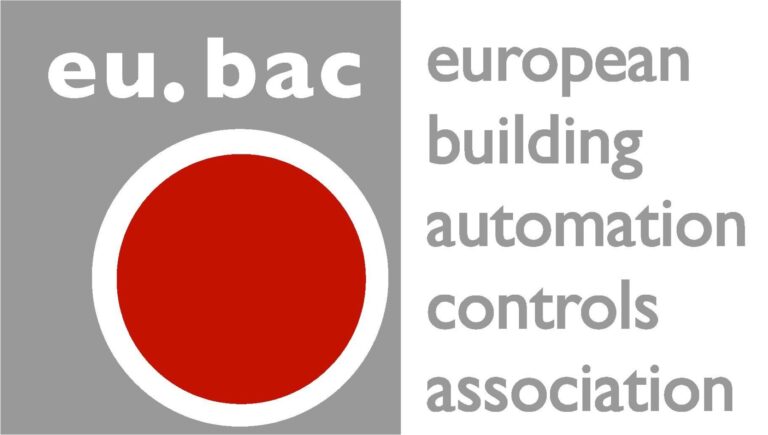BACS Requirements are Fundamental to the Success of the recast Energy Performance of Buildings Directive (EPBD)

Specific requirements in the new EPBD concerning building automation and control systems (BACS) will ensure that the European Union reduces building energy consumption significantly further and faster than if the Directive was implemented without BACS.
This is the clear message from a study carried out by Waide Strategic Efficiency on behalf of eu.bac, which demonstrates both that the European Commission was correct to add policy measures into the EPBD that target better monitoring and control of building energy systems, and that every effort must now be made to ensure that these measures are fully implemented.
This new study presents a detailed analysis of the expected impacts from the new BACS measures, and employs a similar methodology to the recast EPBD impact assessment, which itself did not explicitly assess the impact of these measures. It shows that appropriate implementation of the BACS related policy measures will save 14% of total building primary energy consumption by 2050, compared to implementation of the recast EPBD without the BACS measures. The predicted savings also show a noticeably accelerated rate of overall energy savings over that period before the full scale of reductions in building stock consumption from fabric measures come into play.
The study also shows that the value of energy savings from the BACS measures exceeds the value of investments by a factor of 9, providing a win-win scenario all round.
Results of the study should provide renewed vigour to all those involved or interested in the implementation of the recast EPBD, proving that the new focus on building automation and controls is not window dressing but an overdue acknowledgment of their fundamental importance to the energy efficiency of buildings. Appropriate action by Member States should now follow, with BACS measures contributing significantly to cost-effective decarbonisation of the EU building stock.
